Success stories
Find out how digital transformation is working for B.C.
-
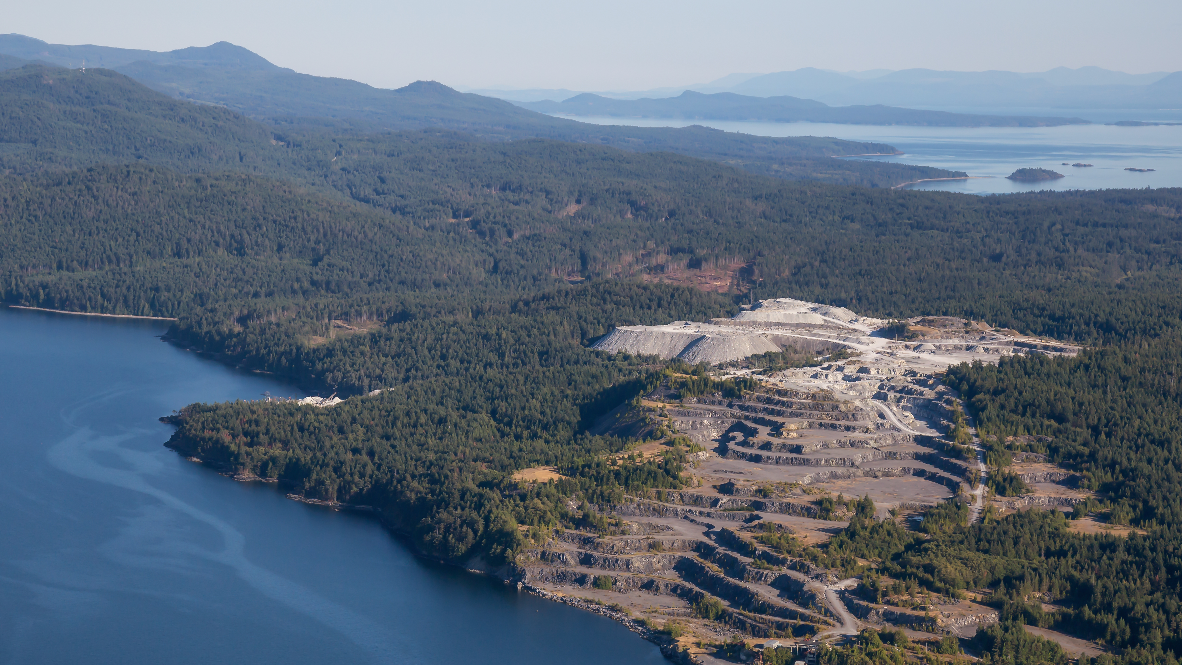
|
Ministry of Mining and Critical MineralsStreamlining Mines Act permit tracking with AI
The Ministry of Mining and Critical Minerals is using AI to make permit conditions easier to access and understand. Learn how Mines Digital Services is saving time and boosting oversight.
-

|
Forestry Digital ServicesUnlocking forest planning with the Forest Operations Map portal
The Forest Operations Map portal makes it easy to get up-to-date information on proposed forestry activities in British Columbia. Learn how it’s helping make forestry in B.C. more transparent and giving people a chance to be part of the conversation.
-

|
ISB – Management Services DivisionBuilding Unity for enterprise grant management across government
Grant management is a major focus for the Information Systems Branch in the Management Services Division supporting the Economy Sector, with hundreds of millions of dollars distributed every year to individuals, businesses and nonprofits. Learn how a hybrid team built a modern, human-centered enterprise grant management system developed by government, for government.
-

|
Online Learning team, Ministry of Education and Child CareDigital tools to humanize Online Learning
With over 75,000 students in B.C. taking online courses, support needs to be directed where it can be most effective. Learn how Intelligent Agents are improving the online learning experience and supporting student success.
-

|
HLBC Digital ExperienceImproving HealthLink BC’s website for everyone’s needs
HealthLink BC is a trusted source of public health information and services in B.C. Learn how user research and testing enabled their redesigned website to help meet an increased demand.
-

|
Forestry Digital ServicesAccessing forestry applications made efficient and secure
Forest Access Management puts more control in the hands of administrators. Learn how Forestry Digital Services used service design and an Agile approach to build a new system for managing user access.
-
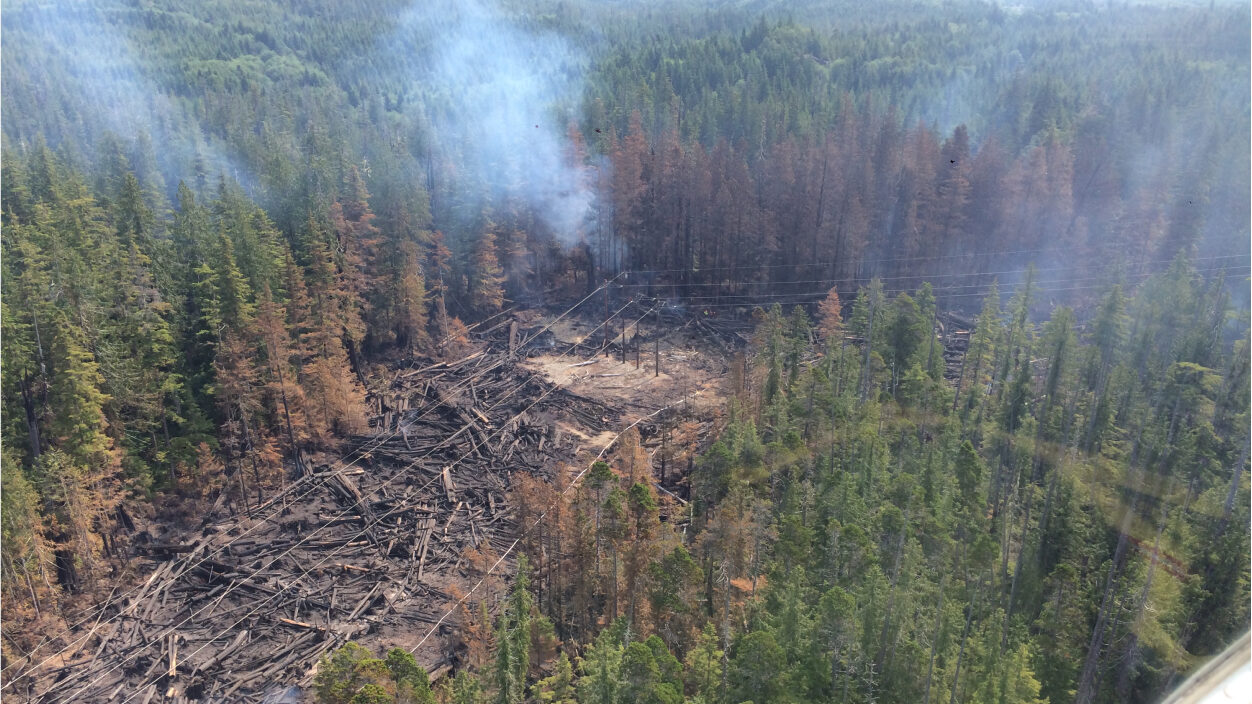
|
Ministry of ForestsEnhancing vision at BC Wildfire Service
Learn how the Ministry of Forests is implementing AI through their use of remote sensing tools, with machine learning classifying large multi-spectral images from satellites.
-
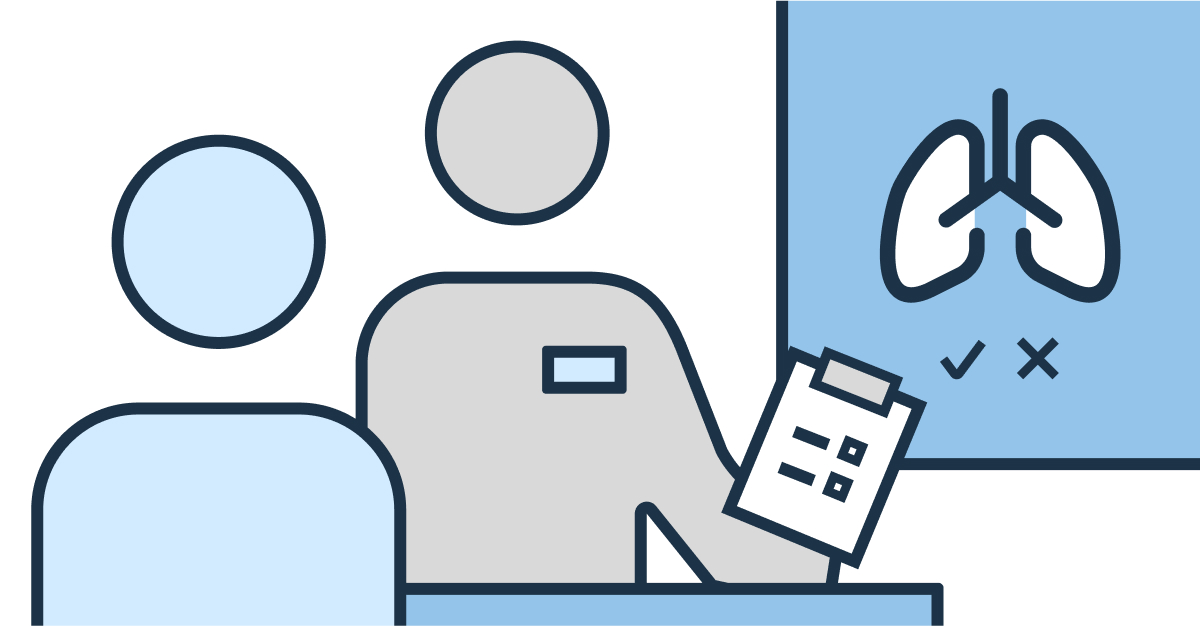
|
CITZ Research, Statistics and Records DivisionThe “BIG” ask: Using behavioural insights to register organ donors and save lives
Hundreds of people in B.C. rely on organ donors every year. Learn how the BC Behavioural Insights Group is working with Service BC and BC Transplant to increase donations.
-
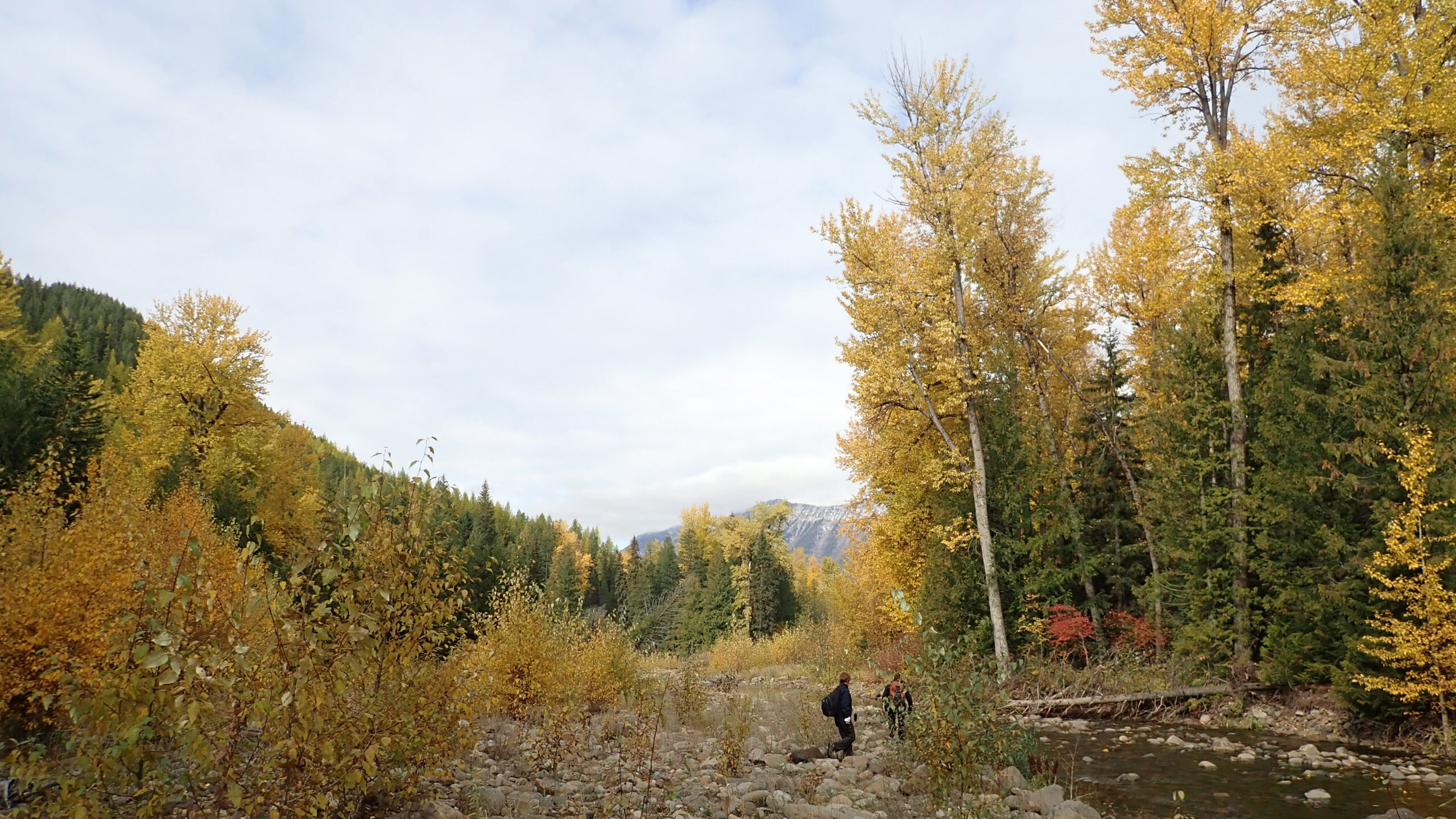
|
Ministry of Tourism, Arts, Culture and SportManaging and protecting cultural and heritage resources
The B.C. government protects and manages cultural and natural heritage resources. Learn how two key systems were recently upgraded to better support this important work.
-

|
Service BC / Government Digital Experience“No wrong door” with the COVID-19 chatbot
As the COVID-19 pandemic spread worldwide in 2020, people in B.C. needed trusted, clear and up-to-date information. Learn how the COVID-19 chatbot allowed people to ask questions and find information in a different way.
-

|
Ministry of Water, Land and Resource StewardshipMapping and modelling made easier with AI
Learn how GeoBC’s Ecosystem Information Services (EIS) team is using machine learning (a form of AI) to map landscape characteristics and support better resource planning and decision-making.
-

|
Ministry of Education and Child CareStreamlining support with the My ChildCare BC Services portal
For ECEs in B.C., time is a valuable resource. Learn how the My ChildCare BC Services portal is helping providers, parents and educators spend less time on applications and forms.
-
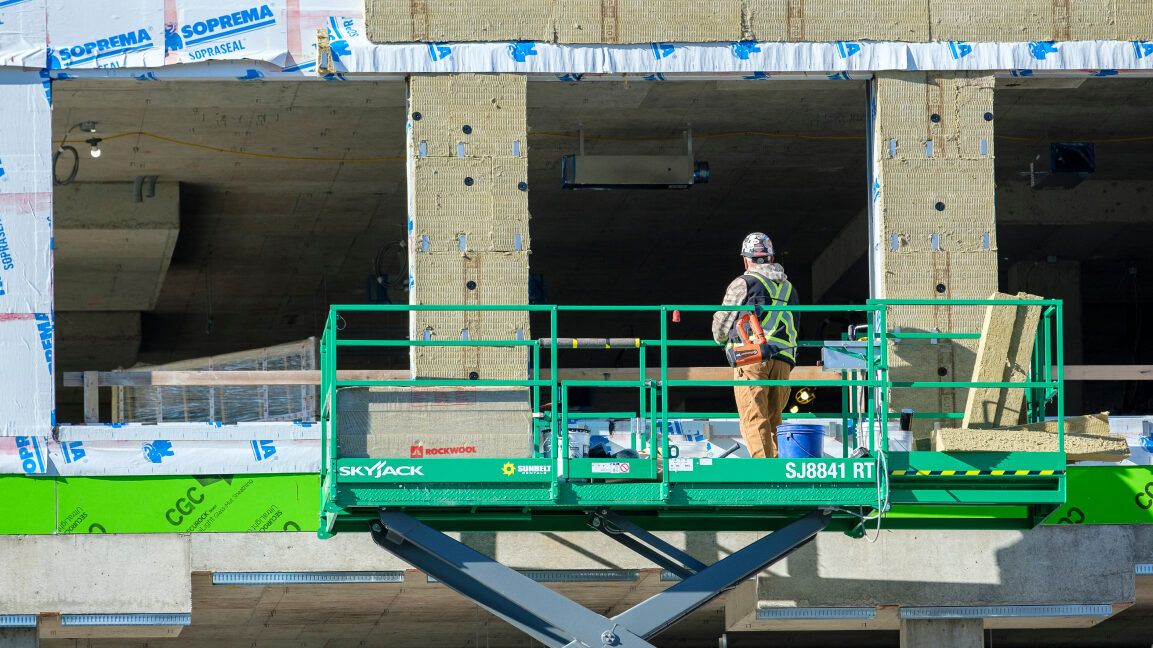
|
Service BC / BC Registries Digital ServicesTransforming business search with Service BC and BC Registries Digital Services
As technology evolves, business changes with it. Find out how Service BC and BC Registries Digital Services are improving the research and registration process with the help of machine learning and connected platforms.
-

|
Ministry of Social Development and Poverty ReductionAutomating repetitive tasks away at SDPR
Learn how the Ministry of Social Development and Poverty Reduction, in cooperation with frontline staff, developed their Robotic Process Automation Tool to keep mundane tasks from monopolizing staff attention.
-

|
Forestry Digital ServicesTransforming the Forests Client Management System
Forestry Digital Services are transforming applications like the Forests Client Management System. Learn how updating this legacy system helped support the Ministry of Forests and protect the $6 billion it contributes to B.C.’s economy.
-
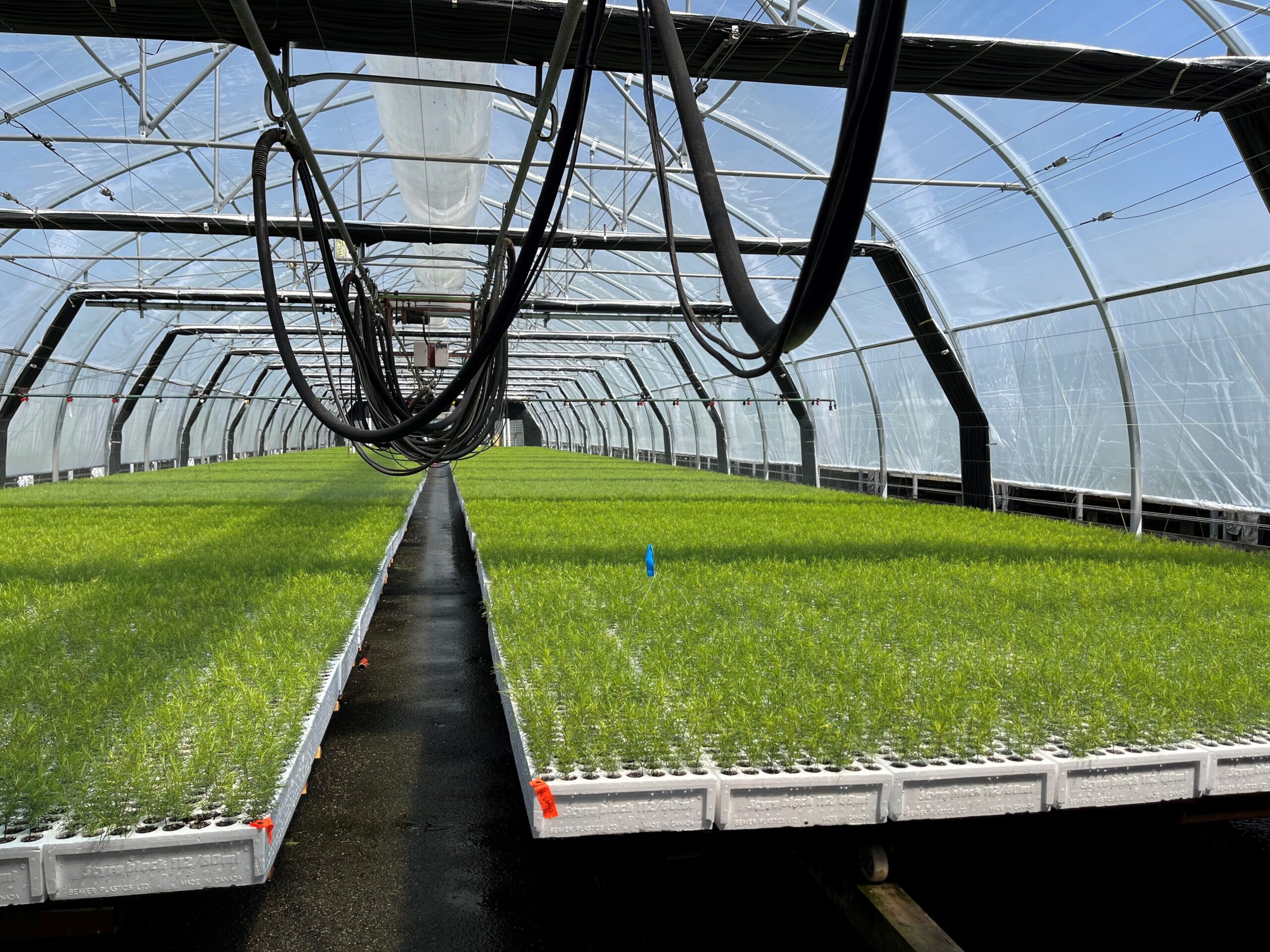
|
Forestry Digital ServicesSowing seeds of change: Transforming SPAR
Forestry in B.C. is changing and the Ministry of Forests is meeting the challenge. Learn how Forestry Digital Services is transforming applications like the Seed Planning and Registry system to meet the growing needs of the forestry industry.
-
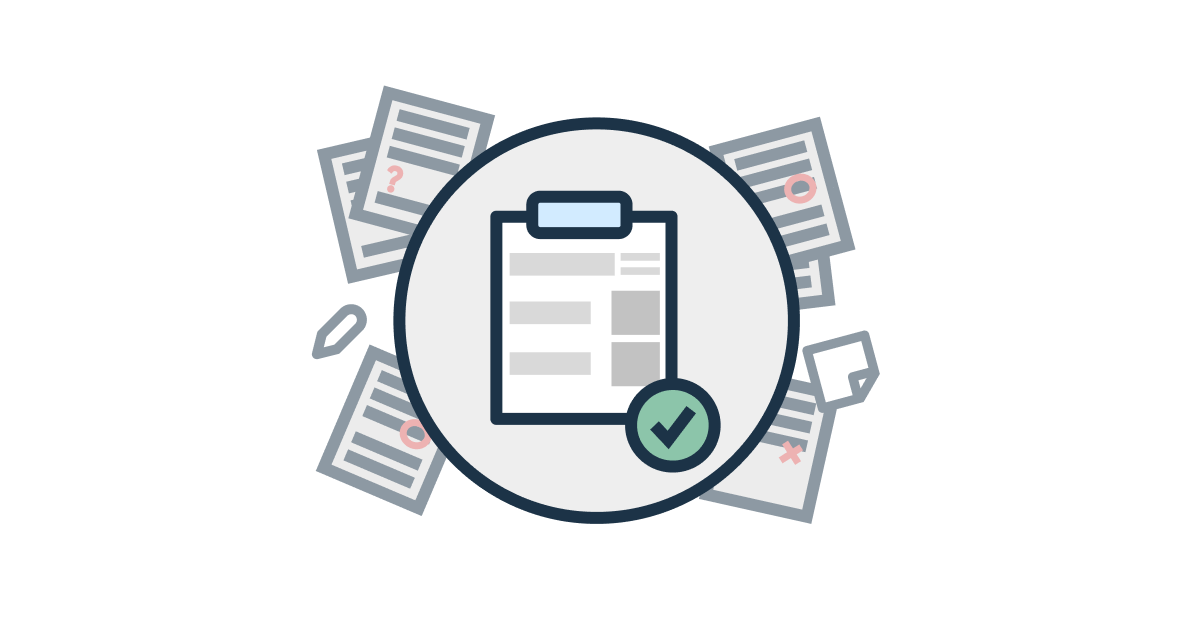
|
Kiersten Schmidt, Laryn Van DykRedesigning legal forms for usability
When people interact with the legal system, it’s usually through forms and paperwork. Learn how BC’s Justice Services Branch is making these forms simpler, clearer and easier for everyone.
-
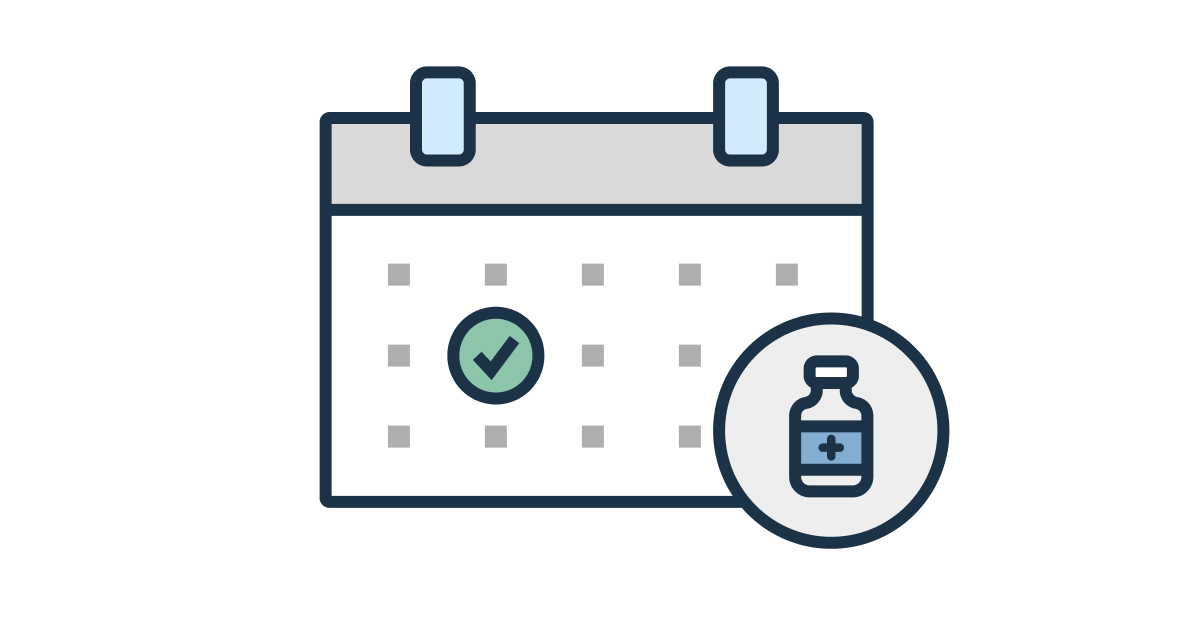
|
Digital GovernmentBoosting ImmsBC after launch with the Ministry of Health
Even a successful platform needs to adapt over time. Three years after launching ImmsBC, the Ministry of Health assembled a service design team to make sure the platform could continue to meet the needs of people in B.C.
-

|
Bethany FreiPartnering with the Digital Office
Learn how partnering with the Lab Services team helped set a user-centred foundation for the Building Permit Hub.
-

|
Digital GovernmentEnergy & Mines Digital Trust
Energy & Mines Digital Trust is empowering natural resource operators with digital tools that support B.C.’s sustainable economic development while maintaining high levels of environmental protection.
-

|
Digital GovernmentSetting course with the Find Your Path tool
Learn how the Ministry of Post-Secondary Education and Future Skills made it easier for students and job seekers to use their services.
-
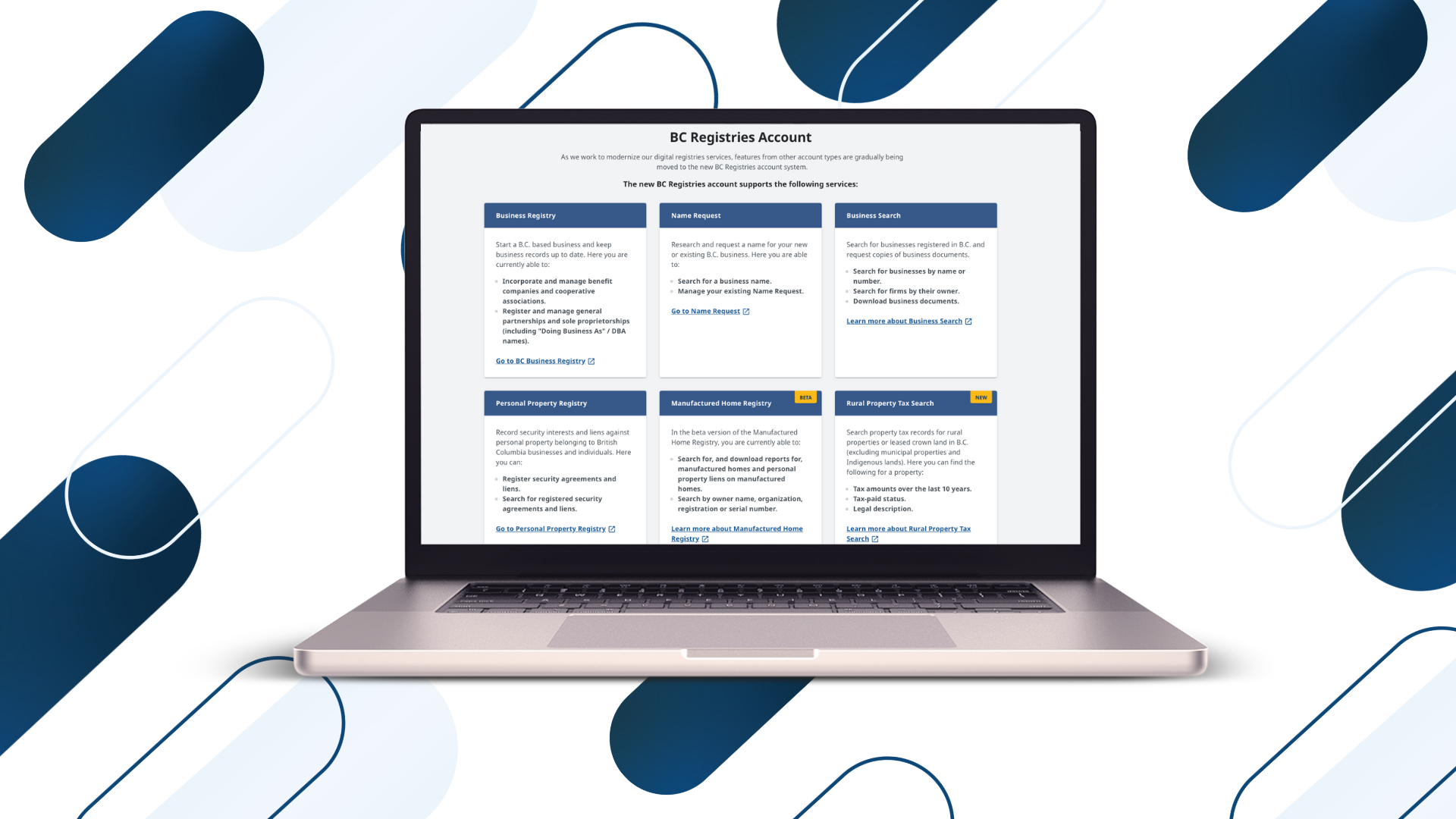
|
Digital GovernmentCutting paperwork with BC Registries and Online Services
Find out how the new Service BC digital platform improves and expands access to government services.
-
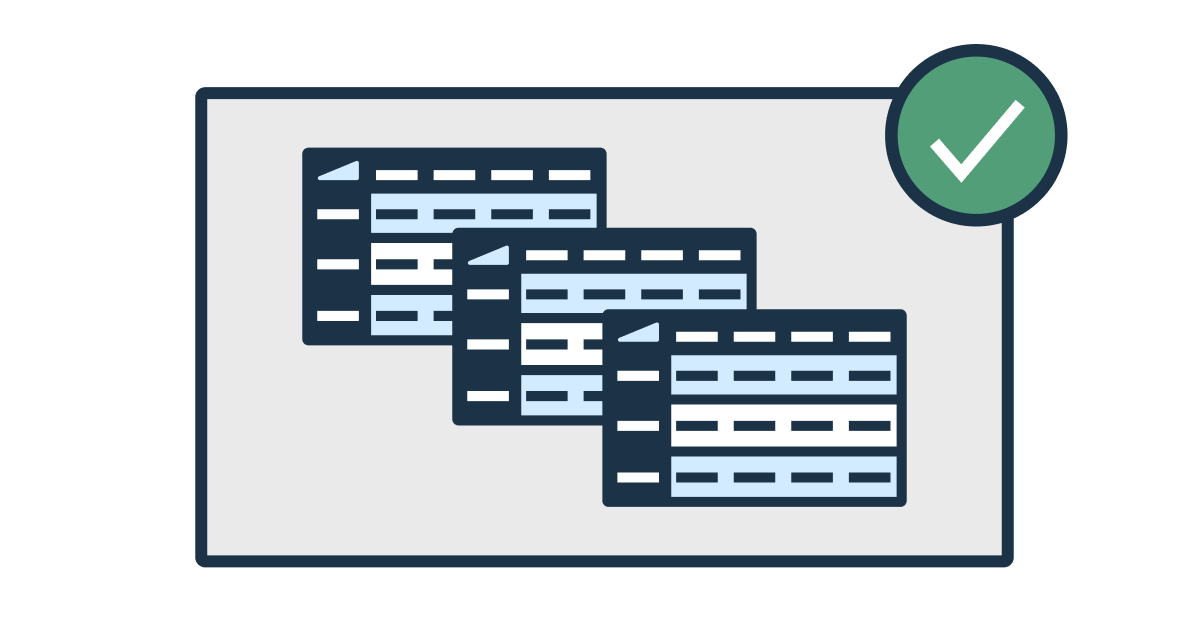
|
Digital GovernmentTransforming digital data with BC Parks
Discover how BC Parks and BC Data Service teamed up on the Data Register Pilot to create connected services in B.C.
-
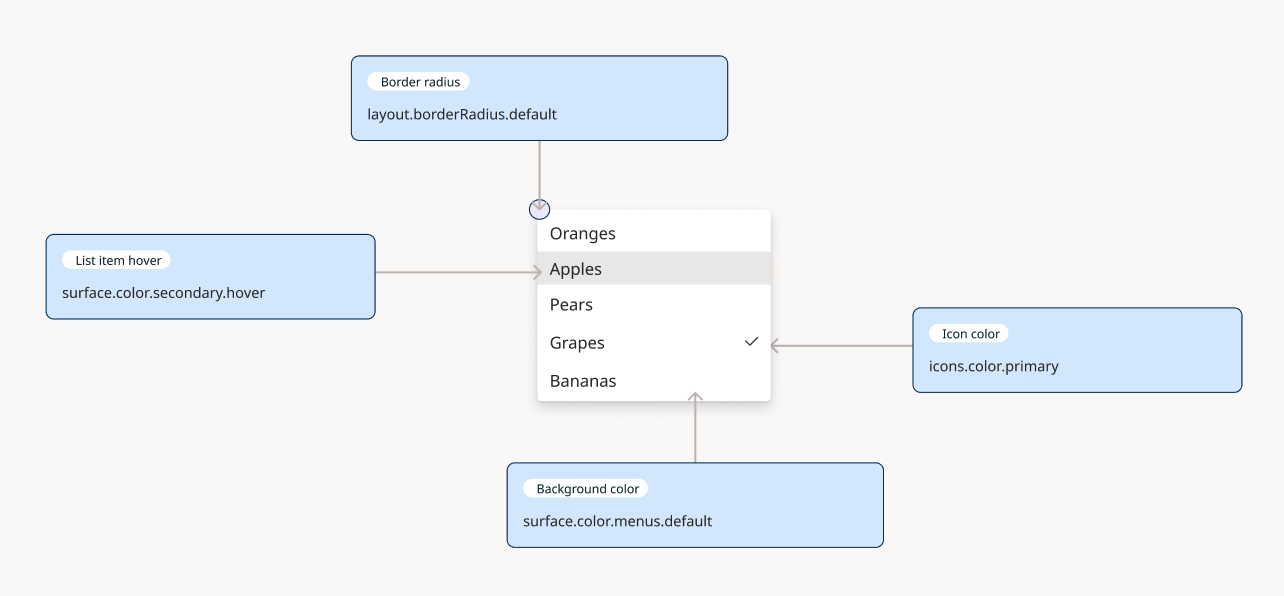
|
Government Digital ExperienceLaying a foundation for the new B.C. Design System
The Online Service Solutions team at Government Digital Experience is building the strategy and infrastructure to support a new design system for B.C. Learn about the ground-up rebuild.
-

|
Digital GovernmentSustaining digital services in the natural resource sector
NRIDS needed a way to sustain 5 digital services without standalone teams to support them. Learn how the Sustainment Team was formed to solve the problem.
-

|
BC ParksHow BC Parks made it easier to find parks near you
For the BC Parks design research team, updating park search was a top priority following the launch of their new website. Learn how designing with people helped the team make it easier to find parks near you.
-

|
Digital GovernmentMonitoring mining operations
Following the collapse of a mine tailings dam in 2014, the Ministry of Energy, Mines and Petroleum Resources (EMPR) sought to improve the way it used technology for record management, mine oversight and to provide information to the public.
-

|
Digital GovernmentOrgBook BC
Organizations and citizens need easy access to verified information about registered BC organizations. To streamline and modernize this access, the OrgBook BC digital service was developed by the Government of British Columbia using proven technologies in Digital Trust.
-

|
Digital GovernmentJustice and Public Safety sector: Protecting high-risk data on OpenShift
Find out how the Justice and Public Safety sector used OpenShift to adopt flexible and modern development practices, while keeping information secure.
-
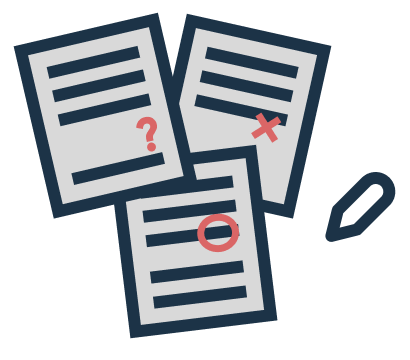
|
Digital GovernmentLeveraging OpenShift to modernize application integration
Discover how the Justice and Public Safety sector’s integration services team is using OpenShift to modernize how their sector integrates applications.
-

|
Digital GovernmentNatural resource ministries: Finding new solutions with OpenShift
Find out how the natural resource ministries leveraged OpenShift to transform the way they deliver digital products.
-

|
Digital GovernmentHealth Gateway: Improving access to health information across B.C. on OpenShift
Learn how Health Gateway leveraged OpenShift to give people in B.C. access to health information from databases and repositories across the province.
